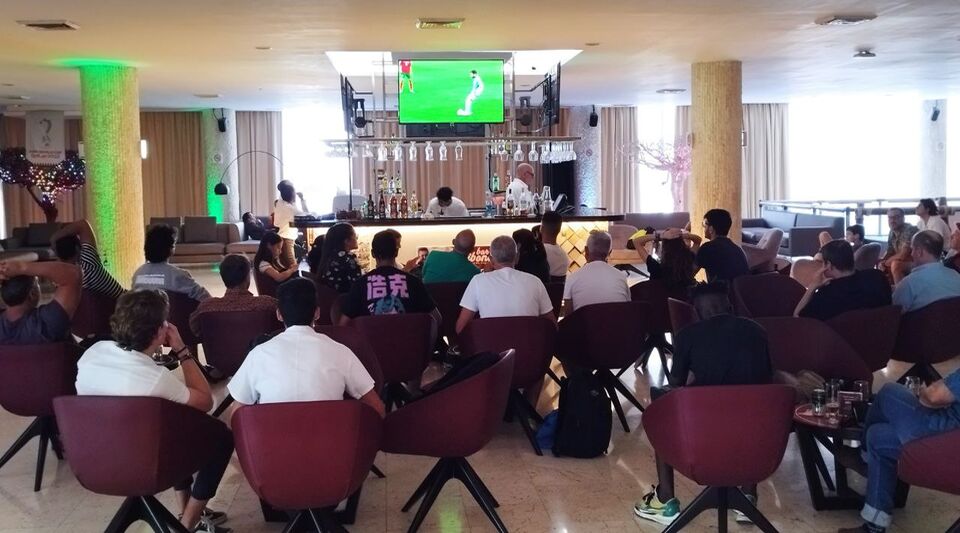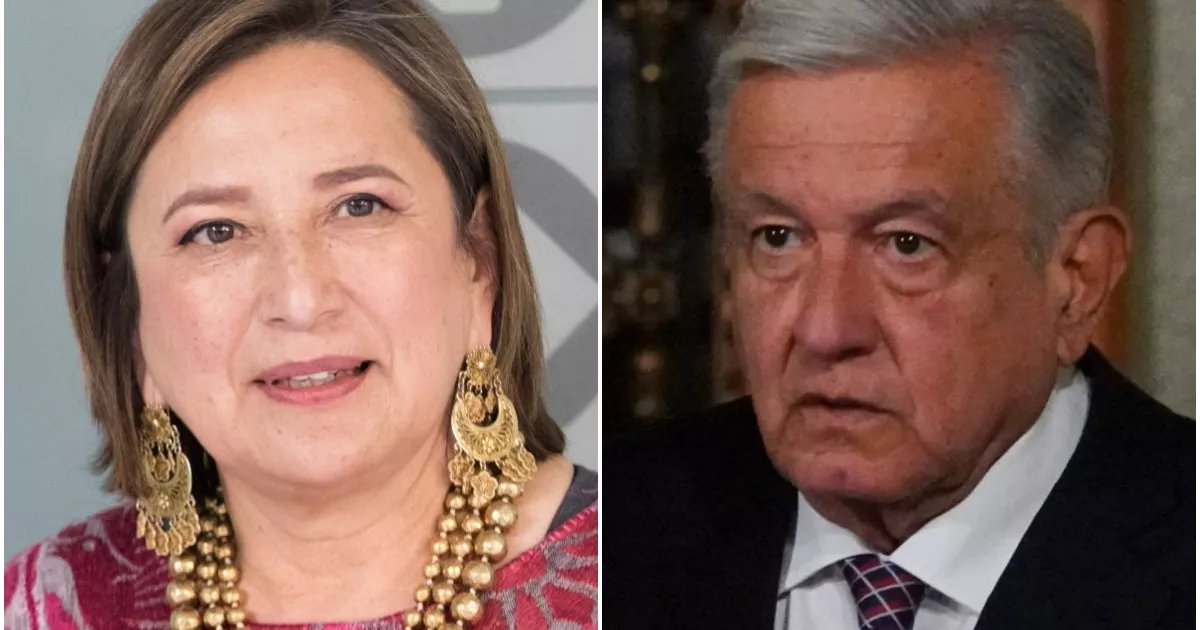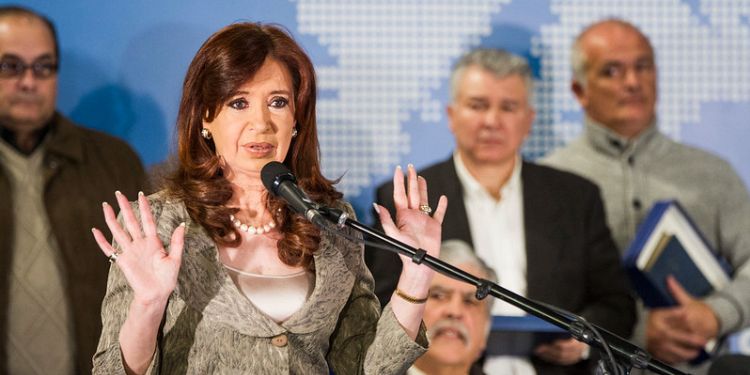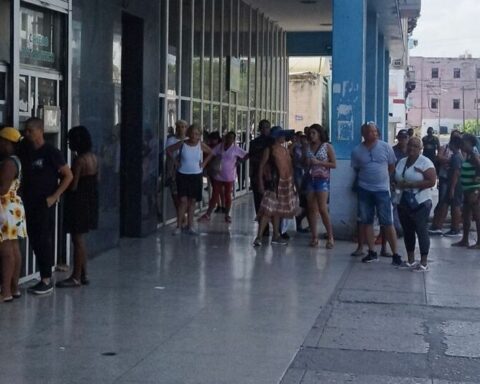From the comfortable seats of the Siboney bar, in the Habana Libre hotel, a group of tourists enjoy the cable transmission of the World Cup in Qatar. This Tuesday Spain plays against Morocco, fiercely, and Spanish fans – who take the sport seriously – order a strong drink and prepare for the worst.
More tense, awake and nervous because they are risking something more than a game, two young people from Havana chat happily with a tourist. The man is in a bad mood, because the Moroccans do not give in and they will have to go to penalties.
Beneath the television, the bartender bites the bullet to keep up with the orders, which the waitresses—also friendly, looking for the gesture or word that will secure them a tip—distribute among the dark silhouettes of the public.
Although it is almost noon, the atmosphere is nocturnal. The curtains are drawn to better highlight the light from the screen. There is a lot of talking and shouting when a player passes the ball, stumbles or slips on the field.
Before, the island’s fans came with jerseys of their favorite teams – brought by a relative from the US or from Spain itself – and fan banners
The two youngsters try to distract “Pepe”, as they call any Spaniard who drops by in hot Havana, but everything is lost when Achraf Hakimi, a formidable Moroccan –born, ironically, in Madrid– strains the final penalty and banishes the Spanish team from Qatar.
Disappointed, with their faces looking into the bottom of their glasses, the Spaniards try to forget the defeat. The administration of Habana Libre has conditioned the Siboney bar as one of the bases of operations for tourists who are fans of sports in Havana.
The official banners of the contest hang from the walls – nobody knows who imported them and how they ended up in a hotel run by the regime – and there is an invisible but effective bubble that neutralizes Cubans who think of penetrating the barrier.
“Prices have gone up,” the waitress blurts out when a national tries to occupy the seats at Siboney. The two young men would not have been able to cross that border without the help of the wealthy “Pepe.” Before, the island’s fans came with jerseys of their favorite teams – brought by a relative from the US or from Spain itself – and fan banners.
During this edition of the World Cup this practice has been less frequent. The transmission of the matches on National Television, access to the results from the Internet and the increase in the cost of gastronomic establishments make staying at home not only the most viable option, but also the most economical.
At universities, some deans have consented to students installing a television in the fellowship buildings. There, with the help of a signal converter “box”, university students from Santa Clara, Havana or Santiago huddle together in a small venue and heatedly discuss each game.
Watching the game at home doesn’t guarantee peace of mind either. At the best moment of the game, during a penalty or a decisive play, the blackout can arrive unexpectedly and cause a more lasting upset than having to pay, at abusive prices for a proletarian pocket, the tab for the luxurious Siboney.
________________________
Collaborate with our work:
The team of 14ymedio He is committed to doing serious journalism that reflects the reality of deep Cuba. Thank you for accompanying us on this long road. We invite you to continue supporting us, but this time becoming a member of our newspaper. Together we can continue transforming journalism in Cuba.








